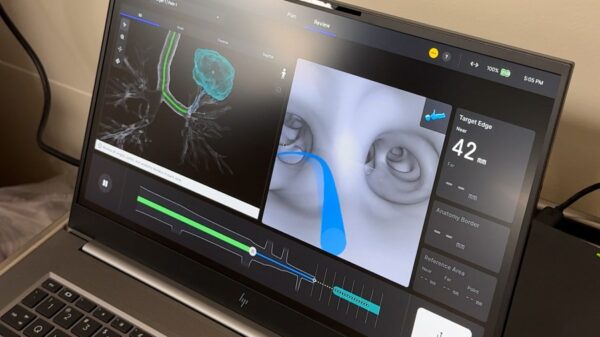An extensive analysis of data from the British Household Panel Survey has cast doubt on the long-held belief that attending religious services significantly boosts mental health. Despite numerous studies suggesting a positive correlation between religious attendance and improved mental health outcomes, this latest research, published in Psychological Science, found no substantial association. In some instances, increased religious attendance was even linked to worsening mental health symptoms.
The research scrutinizes the frequency of participation in organized religious gatherings, such as church, mosque, synagogue, or temple services, a common measure of religiosity in psychological and health research. Historically, regular attendance has been associated with better mental health outcomes, including reduced rates of depression, anxiety, and substance abuse. These benefits are often attributed to the social support and sense of belonging that religious communities provide.
Exploring the Complex Relationship
While religious attendance is believed to promote positive coping strategies and healthier lifestyles, the benefits may vary based on personal belief and cultural context. For some, religious environments can be sources of stress or stigma. The positive effects of attendance are generally stronger when it is voluntary and personally meaningful, rather than socially pressured.
Gabriele Prati, the study’s author, sought to explore both within-person and between-person processes in the relationship between religious-service attendance and mental health. By analyzing data from the Understanding Society—British Household Panel Survey, Prati examined how changes in an individual’s attendance correlated with changes in their mental health over time, as well as differences in mental health among individuals with varying levels of attendance.
Methodology and Findings
The longitudinal study included responses from 18 annual survey waves conducted between 1991 and 2009, with a final sample of 29,298 individuals. Participants’ average age at the study’s outset was 44, and 53% were female. The study assessed self-reported mental health symptoms and religious-service attendance frequency, measured during 10 of the 18 survey waves.
Participants were asked, “How often, if at all, do you attend religious services or meetings?” with response options ranging from weekly attendance to never. Mental health symptoms were gauged using the General Health Questionnaire, while life satisfaction was measured with a question on overall life satisfaction.
“The results suggest that there is a need to question the assumption that religious-service attendance provides mental health benefits,” the study authors concluded.
Results indicated that religious-service attendance at one time point was generally not linked to mental health outcomes at a later time. Even when participants reported higher-than-usual religious attendance, mental health improvements were not evident. In some cases, increased attendance was followed by poorer mental health symptoms, while at three time points, increased religious attendance followed a loss of confidence.
Implications and Cultural Context
The study offers new insights into the complex links between religious-service attendance and mental health, challenging assumptions held in previous research. However, it is crucial to recognize that these findings are based on a British sample, and results may vary in different cultural or religious contexts.
Experts suggest that while religious attendance may not directly enhance mental health, the social and community aspects of religious involvement could still play a vital role in individuals’ well-being. The nuanced relationship between religiosity and mental health warrants further exploration, particularly across diverse cultural settings.
The paper, titled “Does Religious-Service Attendance Increase Mental Health? A Random Intercept Cross-Lagged Panel Analysis Across 18 Years,” authored by Gabriele Prati, underscores the need for continued research into the multifaceted interactions between religion and mental health.
As this study invites a reevaluation of the perceived benefits of religious attendance, it also opens the door for broader discussions on how different aspects of religiosity impact mental health across various populations.



































































